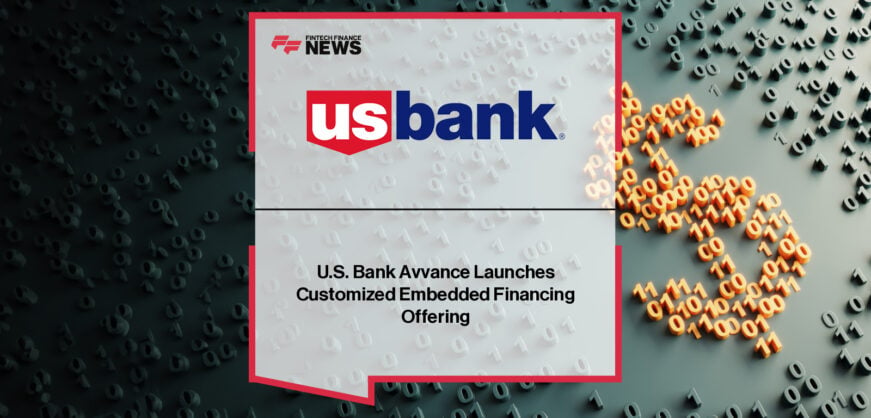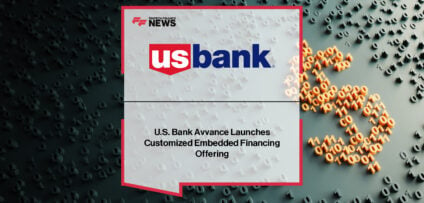Breaking News

Financial gap widening – financially vulnerable people are twice as likely to end up in debt when taking out new credit products as they risk falling further behind
Financially vulnerable people are twice as likely to end up in debt each time they take out a new credit product, according to new research from AI powered transaction analytics firm, Fuse.
More than four in ten (44%) people in this group say they’ve ended up in debt after taking out a credit product in the last 12 months, compared to an average of 22% across the UK.
Four in ten (40%) people across the UK have taken out a new credit card in the UK, however this figure jumps to over half (52%) of financially vulnerable people who are more reliant on credit to get by.
Similarly, financially vulnerable people are more than twice as likely to use Buy now, pay later (BNPL) products than others – almost one in three (29%) of people in this group have used BNPL over the last year, compared to a UK average of 13%.
The research builds a concerning portrait of the finances of financially vulnerable people across the UK – two thirds (64%) are more concerned about their financial position than at any point in the last three years, much higher than the 40% UK average.
In such a financial landscape, it is vital that lenders are able to offer more bespoke support at an earlier stage to the most financially vulnerable in order to ensure they have access to more appropriate products and prevent these borrowers from falling into debt.
Nearly six in ten (57%) people in this group say their financial position is more vulnerable than ever but their bank isn’t offering support. Worryingly, this is much higher than the UK average where four in ten (42%) felt this.
There is concern that, without enhanced support, vulnerable borrowers will be forced to turn away from mainstream lenders to more high-cost alternatives. Just a fifth (21%) of financially vulnerable people who borrowed from a high-cost lender repaid without any issue and 18% said they fell into a debt spiral.
A key aspect of providing support to borrowers is to leverage more effective insights into borrower vulnerability and affordability, allowing lenders to identify those at financial risk, at a much earlier stage. Without this change of approach, many of the UK’s vulnerable borrowers could be at increased risk of longer-term debt.
One in five (20%) financially vulnerable people said they faced higher fees than expected and 15% said they used this lender as they failed affordability checks of mainstream options.
The Financial Conduct Authority’s (FCA) new Consumer Duty rules became effective on 31st July, requiring lenders to provide consumers with higher and clearer standards of support and protection to promote good outcomes.
Previous research from Fuse showed that a third (32%) of lenders have seen an increase in borrower defaults over the last 12 months and a third (31%) of borrowers have been rejected by lenders due to failing affordability checks*.
Sho Sugihara, CEO and Co-Founder of Fuse, comments: “With financially vulnerable people in society the biggest credit users, lenders have a responsibility to improve support and unlock access to appropriate credit options to prevent these borrowers from piling up crippling, long-term debt.
“The recent Consumer Duty rules were meant to enhance support for the financially vulnerable and narrow the financial gap that exists in the UK. Unfortunately, it appears that the gap is widening suggesting lenders have a lot of work to do to ensure that these borrowers receive enhanced support and access to more appropriate credit products to prevent future long-term debt and exclusion from mainstream credit options.
“Lenders need to ensure they are utilising data insights into borrower affordability and vulnerability to identify points of need before it is too late. This approach is vital to create a more inclusive financial model with support solutions for vulnerable borrowers at its heart.”
Products, such as Fuse’s Health Signals, have been designed to support lenders meet the upcoming Consumer Duty requirements and provide risk and compliance teams with greater insights into areas of vulnerability as well as predict arrears risk and monitor the impact of financial products on their customers.
Fuse is the latest product from credit builder app, Pave. Since launch, Pave has analysed more than 150,000 lending decisions, 1.5 million consumer credit reports, and over 400 million Open Banking transactions. Pave seeks to bring more financial equality to millions across the UK. As a fully regulated credit builder, receiving nearly half a million downloads to date, Pave utilises Open Banking transactions to help consumers build better access to credit.
Methodology
Opinium research of 2,000 UK adults, weighted to be nationally representative. Research undertaken between 20-24 October 2023.
*Opinium research of 100 UK lenders. Research undertaken between 17th April and 2nd May 2023.
People In This Post
Companies In This Post
- EXCLUSIVE: “TradFi Versus DeFi: From Disruption to Definition” – Jessica Blue, Money20/20 in ‘The Paytech Magazine’ Read more
- The Paytech Magazine Issue #17 Read more
- World’s Largest Fintech Meetings Event Expands to Europe with 2026 Lisbon Launch Read more
- Innovation Celebrated as Winners of Open Banking Expo Awards 2025 Revealed Read more
- Fintech Revolution Summit 2025 Read more



















